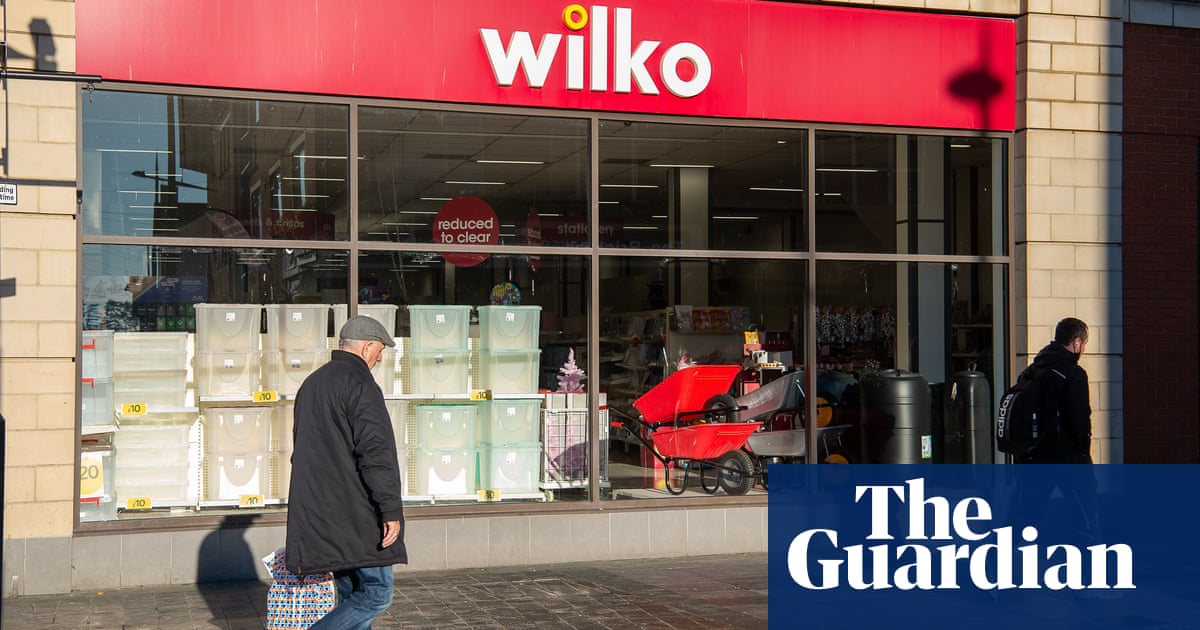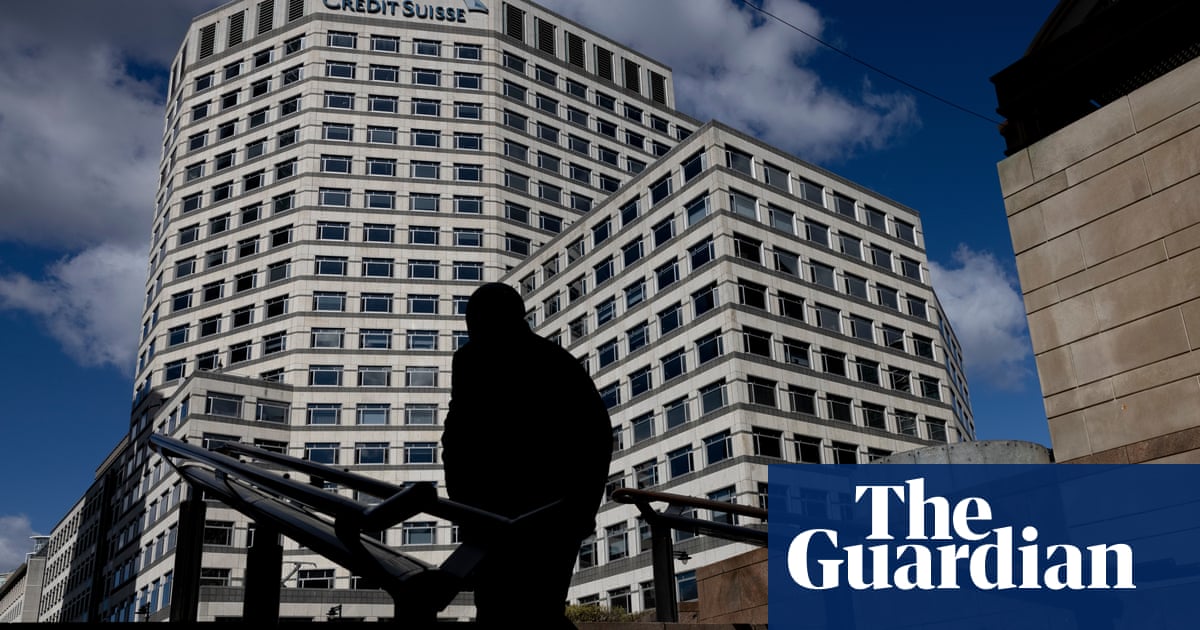
None of the £1.57bn arts rescue fund announced by the government in July to great fanfare has yet been handed out to theatres, leaving many organisations on the brink of collapse.
Many had hoped to hear what they would receive this week, but because of what officials have called “the complexity and volume of applications”, there has been a last-minute delay.
Even if money does begin to arrive in the coming weeks, it will already be too late for many of those working in this hardest-hit of all major sectors of the economy. A slew of fresh redundancies in theatres and arts centres were made last week with a month to go before the furlough scheme ended, while most of the crucial freelance performers and skilled backstage workers seem unlikely to receive any cash at all from the emergency fund.
James Graham, the leading playwright and screenwriter who was one of the key figures calling for a bailout – and who was quoted on the original government press release welcoming the deal – expressed his alarm at the delays. “I’m grateful the Arts Council have mobilised to disseminate it. But to say the situation in theatre is urgent is an understatement,” he said. “It was urgent three months ago. Now, for many, it’s almost too late – mass redundancies, freelancers on zero income and in dire straits.
“I’m sure the allocating of this emergency fund won’t be perfect – but the clue is in the name. It’s an emergency. We need to treat it like an emergency and get that relief dropping now.”
Leo Wan, an actor and campaigner with the Freelancers Make Theatre Work group, said: “It has definitely come too late. Almost all theatres and performance companies are letting people go now and, regardless of the rescue fund, they will all be seriously limited for a long time.”
Initially, chancellor Rishi Sunak’s grand arts rescue scheme won plaudits, but it was soon clear, say campaigners, that most of the country’s freelance actors, dancers, singers, musicians, designers and technicians would fall through the net.
The second wave of Covid-19 has cast new gloom where there was once a glimmer of hope. Those permanent staff who had been supported on furlough will now prove too expensive for companies to keep on under its replacement, the job support scheme, as venues can still only sell tickets to a third or a quarter of their usual audience due to social distancing precautions.
Britain’s larger performance institutions – what the culture secretary has referred to as “the crown jewels” such as the National Theatre – are likely to receive more than £3m each to keep going, but will later have to pay these higher amounts back as loans, placing a further burden on what they can do in the future for the freelancers they rely upon.
In order to win any rescue money, organisations had to apply to Arts Council England for funds to be used solely to keep their operations and buildings going. No money must go towards making new work, or to pay technicians and performers.
“If you ask any of these major organisations what work they could do without freelancers, the answer would be zero,” said Wan. “Our government still doesn’t seem to understand the ecology of the live sector. It will eventually come back, but who will have survived? Ten years of work on diversity will be lost, particularly with the disabled community, where we were actually ahead of other countries. And most of those leaving drama college this year, our most diverse year so far, will be lost.”
Prema Mehta, the founder of Stage Sight, agrees this is a critical moment for the make-up of the future workforce. “The theatre sector were making practical changes and taking progressive steps towards an inclusive workforce. The pandemic has shifted priorities, which doesn’t help our aims of creating a level playing field.”
On Thursday the nation’s leading venues, from the Glasgow Royal Concert Hall to the Royal Shakespeare Company, were lit up in red once again, to highlight their plight.
“It is important this does not become about us and them,” added Paule Constable, a former lighting designer from Brighton. “But theatres often have just one or two artists actually on the staff – often just the artistic director. All the rest are freelance.”
About a third of the freelancers that make up the great majority of the industry’s workers were ineligible for help, she said , citing the case of someone who had saved more than £16,000 for a tax bill, who would not qualify for universal credit.
Others were not eligible because they paid themselves through a limited company, or were on a zero-hours contract, or had registered for PAYE tax payments for other work.
Anger was also prompted last week when the business secretary, Alok Sharma, urged those employed in the arts to retrain for “better jobs”. This gravely misunderstood the performance economy, freelancers argue.
“We were one of the fastest growing parts of the economy and the government’s emergency package for the arts acknowledged that huge contribution,” said the Arcola Theatre’s Jack Gamble, who heads the Public Campaign for the Arts, a 150,000-strong group that sprang up to articulate a response to Covid-19.
“We must make sure freelancers, who are the majority of the workforce powering the cultural sector, are supported alongside organisations. If we don’t, we will lose skills and talent forever, and set our recovery back even further.”
Arts Council England said: “We understand this is an anxious time for many people and many organisations up and down the country. We apologise for the week’s delay in letting the first tranche of grants applicants know decisions, but we will still be able to get money to them this month.
“Given the volume and complexity of the applications that came through to this brand new fund, we’ve had to do additional due diligence to make sure money from the public purse is spent responsibly. We are working hard to get this much-needed funding out as quickly as possible, to those who need it most.”












